4 Initiatives That Tackle Food Waste For Restaurants, Bars and Hotels
From socially motivated initiatives to data-driven food waste solutions, here are some innovative projects that may catch fire in 2024
21 February 2024
Share this exclusive content from Saladplate
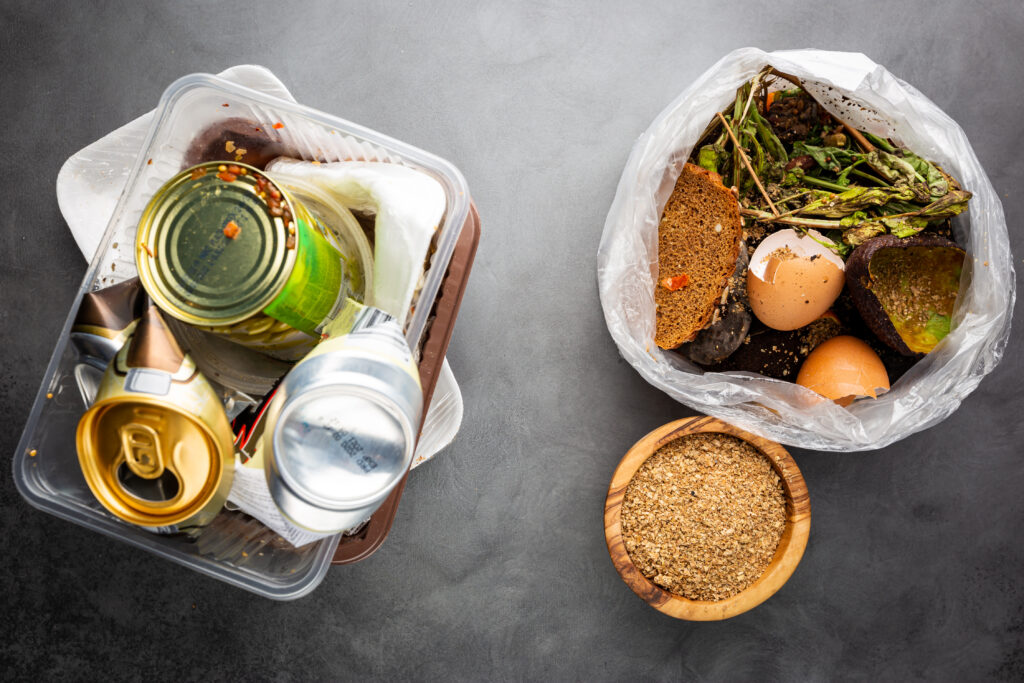
Photo Caption: Food waste has been on the rise, which has manifested in social, environmental and economic repercussions. | Photo credit: Envato Elements
The fight against food waste is nothing new to the world—for decades, the brightest minds and the most empathetic hearts have attempted to tackle the issue with limited success. Since 2014, the number of people affected by hunger has been slowly yet worryingly on the rise according to the United Nations.
Apart from its social impact, food waste also takes a toll economically and environmentally. According to the Boston Consulting Group (BCG), $230 billion worth of food products are wasted each year, which ultimately falls on the shoulders of F&B businesses as detrimental wasted costs. Meanwhile, the environmental impact of food waste neither begins nor ends in a bin. When consumable food products are disposed of, all resources previously involved in its production, packaging and distribution; including labour, water, land and energy in the form of fuel — are essentially, gone to waste. On top of that, food dumped in landfills is a significant contributor to global warming as greenhouse gases are emitted from the decomposition of organic waste, producing carbon dioxide and in some cases, even methane.
As the battle rages on, here are four innovative initiatives we spotted, from around the world that are aiming to even the odds in the fight against food waste for the F&B industry.
Photo Credit: L’Effervescence
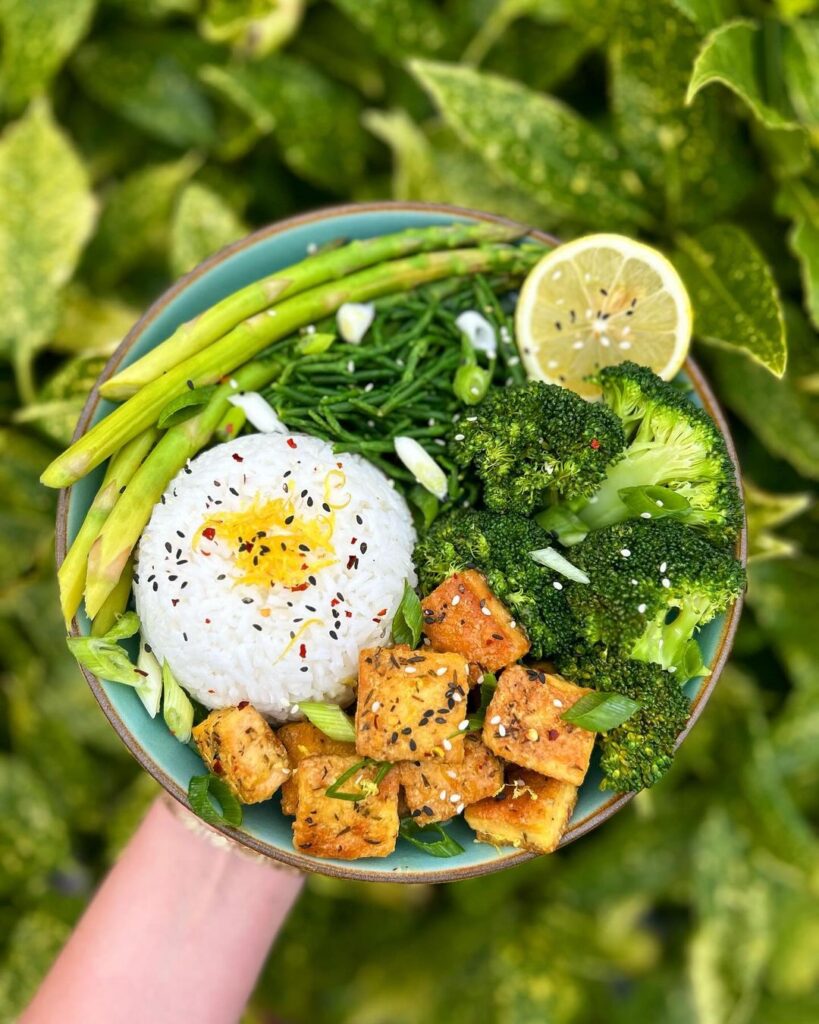
Photo caption: A plate of food saved thanks to Too Good To Go’s Magic Bags | Photo credit: Too Good To Go Facebook Page
Too Good To Go
A mobile app that connects customers to restaurants and stores with surplus unsold food, spanning major European cities and launching in North America in October 2020
Founded in 2015, Too Good To Go is a mobile application that connects environmentally and economically-conscious consumers to restaurants with surplus or unsold food, offering businesses a chance to recoup otherwise lost costs. The process starts with F&B outlets notifying the Too Good To Go company daily as to what surpluses they expect to have in the day’s “Magic Bag”, which will be priced at least three times less than its original retail price. Consumers then log into the app and purchase these surprise “Magic Bags” at a discounted rate, not knowing for certain what it holds.
As a testament to its ongoing success, the Too Good To Go company now services 16 regions in Europe including its home of Denmark, as well as the United States, Canada and the United Kingdom. In 2021 alone, it saved over 52 million meals, having onboarded over 81,000 retailers and garnered almost 19.5 million new user registrations.
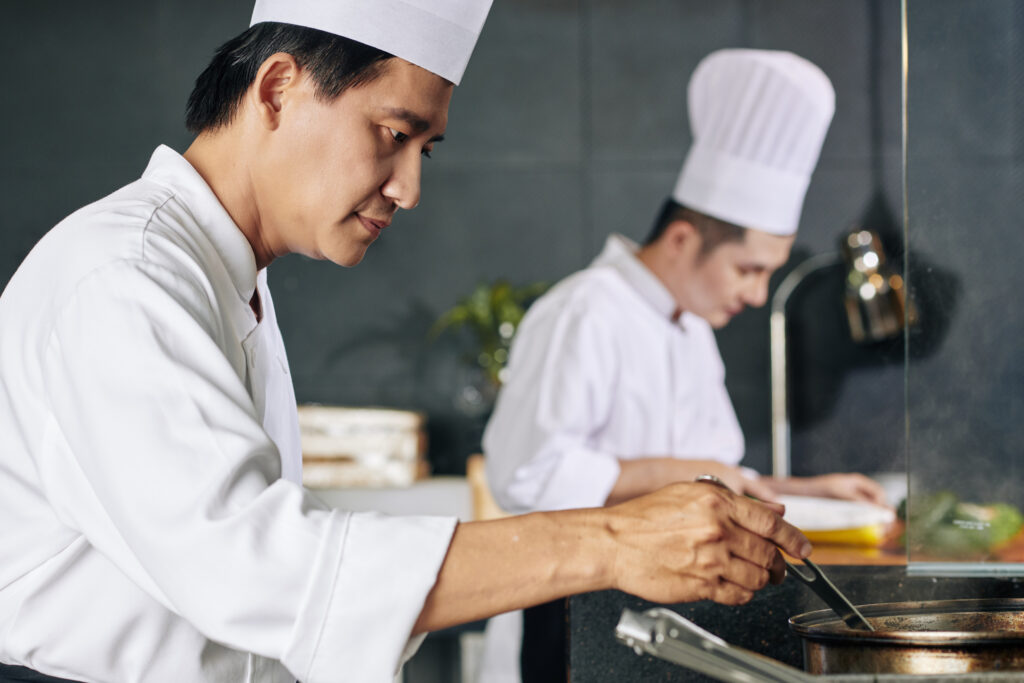
Photo Caption: Pride On Our Plates trains staff and businesses in sustainable practices that have seen success in Europe. | Photo credit: Envato Elements
Pride On Our Plates
A behaviour-centred approach to reducing food waste in China
Launched in 2020 by Rare, a global nonprofit environmental organisation, alongside the One Planet Foundation and the World Wildlife Fund Beijing, Pride On Our Plates is a behaviour-centred approach to reducing food waste in China. Focusing on the world’s most populous nation, the programme supports micro-, small and medium-sized enterprises (MSMEs, which make up 97% of businesses in China) in adopting sustainable practices that curb food waste, hence reducing business costs and meeting growing consumer and political demand for more sustainable operations – all while protecting the environment.
At the heart of this initiative is information-sharing. Co-funded by the European Union, the programme draws on best practices from Europe and implements them throughout China, such as the European Commission’s “Circular Economy Package”. By the end of 2024, the initiative aims to have over 100 MSMEs apply Sustainable Consumption and Production Practices to their businesses and over 50 MSMEs in the hospitality and food sectors to have reduced their food waste by at least 10%.
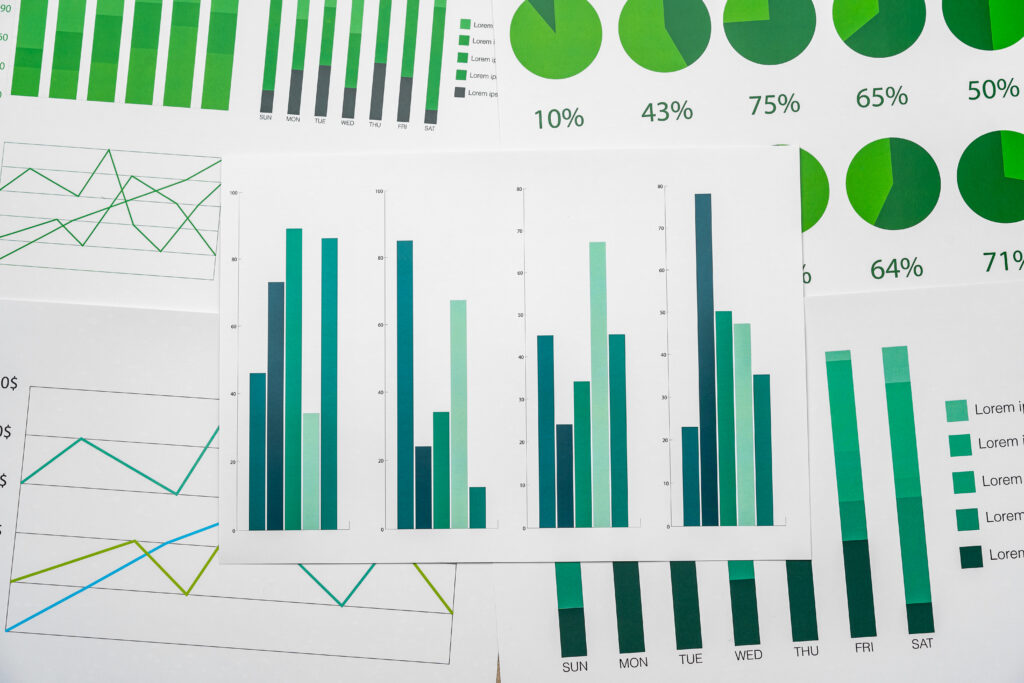
ReFED takes a data-driven approach to curbing food waste | Photo credit: Envato Elements
ReFED
ReFED adopts a big-picture approach to tackling food waste in the United States. Founded in 2015, the organisation helps food companies explore waste solutions with a three-pronged method revolving around data, capital and collaboration.
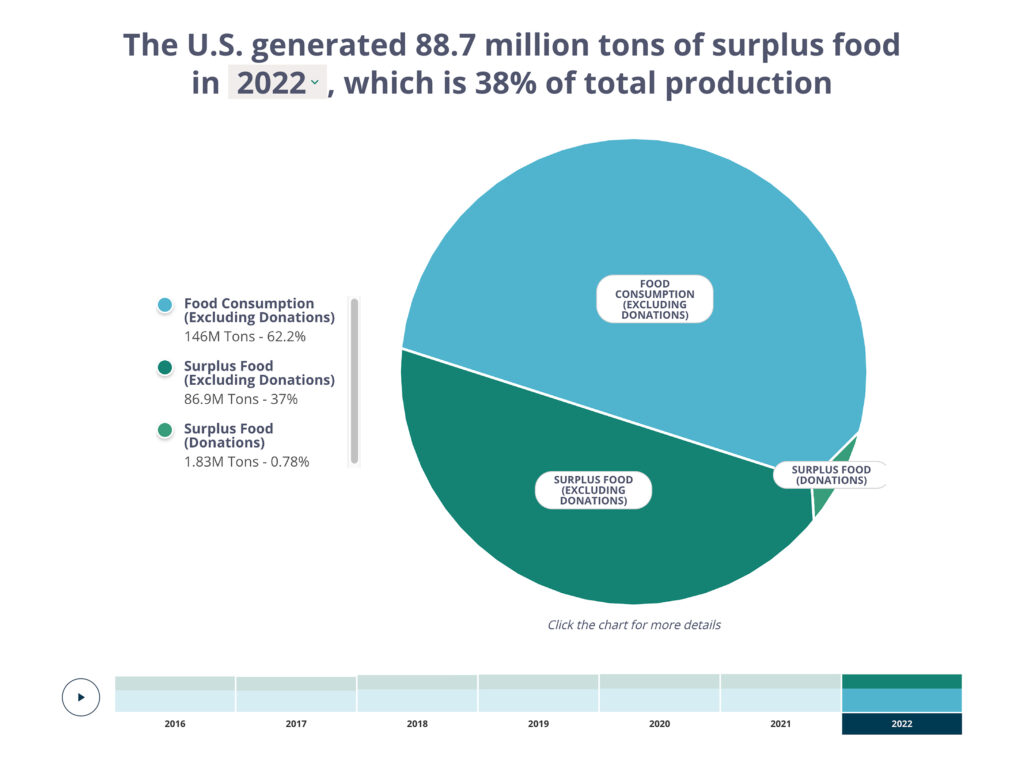
A screen grab from their website shows how ReFED uses available data to come up with food waste solutions | Photo Credit: refed.org
By providing compelling data on a specific business’s extent, causes, and impacts of food waste, which can be obtained for free through the Insights Engine on their website, ReFED hopes to motivate stakeholders to take effective action to reduce waste. Meanwhile, the organisation also offers further assistance with their Catalytic Grant Fund – an open call which aims to accelerate the innovation and implementation of food waste solutions. Setting the stage for collaboration is the third and final prong in ReFED’s approach, where change-seekers and policymakers are brought together with a common goal. For example, the U.S. Food Loss and Waste Policy Action Plan was created in April 2021 through a collaboration between ReFED, The Harvard Law School Food Law and Policy Clinic, Natural Resources Defense Council and more, which features recommendations for the Biden administration on how to curb food waste by 50% by 2030.
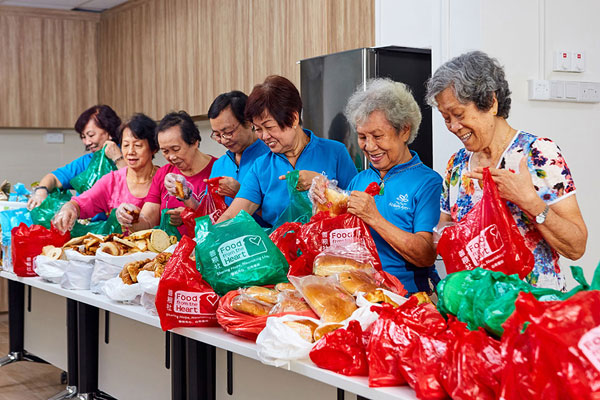
Photo Caption: Volunteers packing bags for Food From The Heart’s daily Bread Run | Photo credit: Food From The Heart
Food From The Heart
Singapore-based food charity devoted to alleviating hunger through the efficient distribution of excess food
Dedicated to putting excess food into the hands of those who need it most, Food From The Heart is a charity organisation in Singapore that works with F&B establishments across a range of socially conscious initiatives—two of which are aimed at combating food waste.
Their Bread Run programme involves over 100 partners, mostly bakeries and hotels, who donate breads that have outlived their commercial shelf-life but are still safe for consumption. The pressure point in this initiative comes in delivering the items to the needy within its safe-to-eat window. That is resolved with the charity’s extensive and indefatigable network of volunteers who collect and distribute these items daily directly to the communities in need.
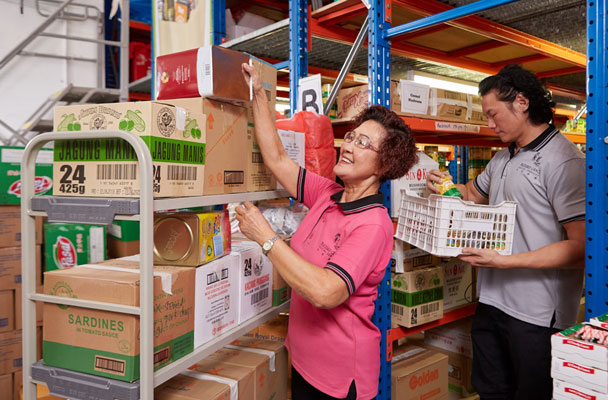
Photo Caption: : Food From The Heart volunteers conduct stringent inspections before re-distributing food to welfare homes through their Marketplace initiative | Photo credit: Food From The Heart
In their Marketplace initiative, the team has partnered with NTUC FairPrice Co-operative Ltd, one of the largest supermarket chains in Singapore, to re-distribute packaging-damaged or almost expired items to the needy. The Food From The Heart volunteers inspect all incoming goods along strict guidelines, before storing them in their warehouse where welfare home representatives are invited to pick what they need for free.
Food from the Heart started with just 120 volunteers in 2003 and has grown to an over 10,000-volunteers strong army today, reaching almost 60,000 beneficiaries across the country.
Author: Julianna Hedger
Julianna is a seasoned content specialist who started her writing career in unscripted television production and broadcast news at FOX Sports Asia and the Associated Press. She has since added various writing skills to her repertoire, such as long-form articles, SEO-driven blogs and social media copywriting. She is driven by her personal passions in content creation, food and sports media.



